based on fibers to favor the natural morning transit
Eat chickpeas and beans for dinner
For general gastrointestinal regularity, a diet that hydrates the colon is required. And that type of diet is high in fiber. Nutritionists recommend eating 20 to 30 grams of fiber per day. For dinner it is sufficient to consume about a third of it, depending on how many meals and snacks are normally consumed in a day. In general, the best fiber-rich foods are beans, according to dietary guidelines, including black beans (10 grams per half cup cooked), white beans (9 grams per half cup cooked), but also chickpeas (8 grams per cup). half a cup, cooked).
Increase your daily fiber intake
Psyllium husk is a natural fiber derived from an Asian plant. With a strong laxative power, psyllium is mainly used as a remedy for constipation. In addition to facilitating evacuation, it also facilitates the normalization of intestinal functions and purifies the tracts of the digestive system from the presence of bacteria and pathogens. As the body adjusts to the added fiber, one may temporarily feel the sensation of abdominal bloating, which will tend to resolve naturally once the gastrointestinal system has adjusted.
Exercise after dinner
Doing light-intensity physical activity after dinner can help counteract morning constipation because it promotes colon mobility. A twenty minute walk, a ten minute workout or a short yoga session after a meal stimulate digestion and evacuation.
Theine and caffeine
A cup of coffee upon awakening stimulates evacuation. One of the powers of caffeine, in fact, is its laxative. Senna, on the other hand, is a natural herb that has some stimulating effects on the colon and can be useful for mild constipation and occasional. These teas tend to have mild laxative effects within 6-12 hours of consumption.
Aloe supplements can also be useful to improve intestinal function.
particularly indicated against constipation which, if taken at dinner, can favor the regular intestinal transit in the morning:
- Artichokes
- Kiwi
- Green beans
- Eggplant
- Boiled carrots
- Raspberries
- Brown rice
- Flax seed
- Oranges
- Yogurt
- Spinach and Swiss chard
- Plums
- Pop corn
- Oats and whole grains
- Cauliflower and broccoli (in moderation as they cause bloating and bloating)
- Beans and chickpeas

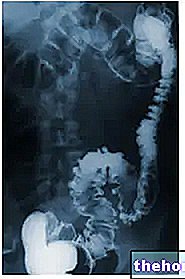
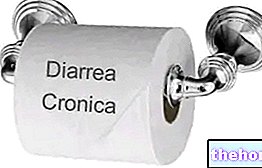
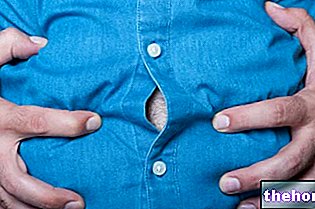
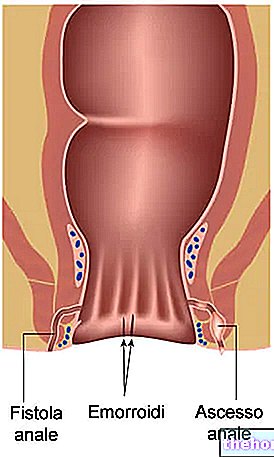
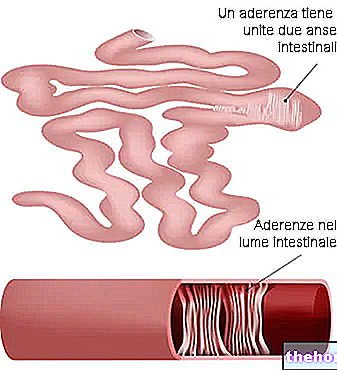

















-nelle-carni-di-maiale.jpg)




